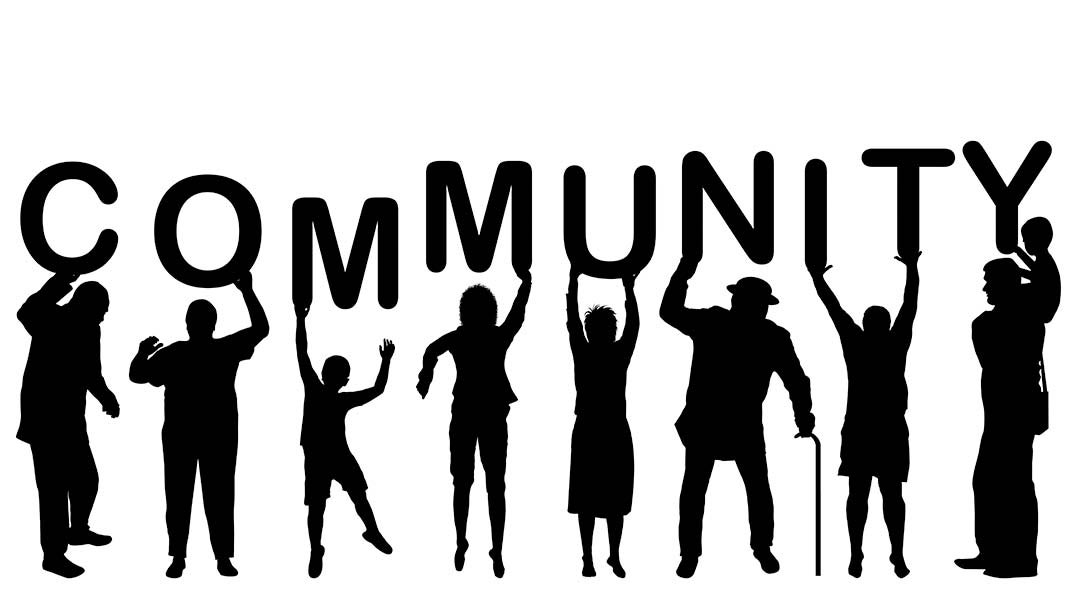
Consumers don’t favor Whole Foods over Walmart for reasons relating to the chains’ respective sizes or ubiquity — it’s because only the former serves as a catalyst to community.
The competitive difference between the homogenous corporate paradigm embodied by Walmart and the community-centered model cultivated by Whole Foods grows increasingly stark. At Walmart, sterile interchangeability and observable lack of integration within its communities, its customers, and its supply chains have put it out of touch with consumer expectations for local and personal service.
By contrast, when Whole Foods opens a new store, it aims to root itself in its community by curating and supporting hundreds of local vendors – even going as far as providing them with marketing help or product development tips. Accordingly, Whole Foods is booming and serves as a bellwether of a community on the rise, while Walmart will close more than 250 stores this year and has even been tied to an increase in crime.
By using these local vendors, the business is not only saving money on the cost of product transportation, but it’s also creating vendor loyalty whenever it gives new vendors a loan and access to a wider customer base. And with this concentration on local suppliers — combined with an effort to do goodwill in the communities the chain participates in — the company becomes a brand that local customers remember.
Companies must establish themselves as cornerstones of the communities they join, acting as partners to uplift themselves and their clients, vendors, and community members simultaneously. To root ourselves more deeply in our business communities, my team uses these methods:
Develop supply chain partners into communities. Localization and personalization are more important today than ever before because digital experiences — where vendors have the benefit of data, algorithms and responsive design — have shaped customer expectations for a tailored experience. It’s important to give your vendors a voice alongside your customers.
Co-creation with communities is on the rise among high-growth brands. Etsy, Amazon and Apple have recruited their own armies of farmers, app developers and support technicians — creating such close-knit and devoted customer communities that traditionally organized companies find it nearly impossible to compete.
At Convene, we set company-wide goals and initiatives that we task each location to bring to life within their communities. At each location, our teams source their own local relationships: service partners, community organizations, and even some friendly competitors with whom to share best practices and referrals. The majority of our partnerships are established within a five-block radius — connecting vendors to one another where a larger radius might diminish our ability to problem solve.
Embracing the community is not only altruistic; it’s also good for business. Companies that co-create with their communities see higher compound annual growth rates, greater profit margins, and valuations that are two to four times higher than companies with more traditional business models.
Be a catalyst to community. By nature of being your client, your customers share interests and likes that are fragmented and waiting to be organized. Use your unique insights into their lives — garnered from personal interactions with each customer, any surveys they’ve taken, and demographic data — to encourage and organize micro-communities to form under your roof. The groups should be relevant in some way to your business, and could range from new moms or recent retirees, to gamers or executives.
Regardless of the group or interest, think of your business as a connector and community-builder, and position it so that people can use your space as if it were their own. Facing competitive pressure from digital outlets, brick-and-mortar businesses are using the few strengths they have to win in the experience economy: face-to-face engagement and placemaking.
Starbucks, for example, installs corkboards for anyone to post community events, and Whole Foods encourages local vendors to pitch their local general managers so they can sample and sell in their stores. Outdoor gear company REI’s free hiking classes and Nike’s sponsored running groups help their customers become further engaged. Smaller companies can match up clients or vendors that share parallel practices and make introductions so they can exchange best practices. Larger companies can think about their stakeholders’ shared traits to determine their ideal customers, then set up events or let the community use its stores for events.
Another way you can be a catalyst in your community is by using the principle of participatory design to engage with your clients. When we wanted to build a better space at Convene, we literally handed the blueprints over for one of our new locations to our clients and asked them to sketch their dream venue. And we systematically solicit and review feedback through Net Promoter Scores and customer focus groups. Based on the responses gleaned from each survey and focus group, our clients feel vested in our company in ways that encourage them to be more vocal in support of our business.
Walmart and other traditionally organized companies with more centralized purchasing and manufacturing fall behind the Whole Foods of the world that use relationships with local vendors and communities to stay top of mind. The best brands know that “community” extends beyond customers, convert their business ecosystems into catalysts, and give everyone — even those who don’t transact — a voice and a sense of purpose and belonging.
Author: Christopher Kelly is the co-founder of Convene, a company that combines service and design to improve the workplace experience.











